The Most Important Challenge
“Discernment is the ability to perceive, understand, and judge things clearly, especially those that are not obvious or straightforward.” We know that ability comes from our experience of the Light. We see because Light illuminates, we know because Light shows.
I believe in discernment. Mostly because I’ve tried many other ways of navigating life and after a few shipwrecks decided to stick with what is simple and works. But more than results, I’ve learned listening for the still small voice is the only way for me to live well, the only way to seek what is Right, Good, and Godly. The only way to live up to and grow up to the Light, to become equal to the tasks I am called to. And not just in my relations with friends, family, or Friends, but also when relating to ‘the Other,’ whether that other is ‘anyone else’ that’s not me, or even an ‘enemy.’
Quaker corporate discernment is a radically different way of living life and solving problems between people. We use an increasingly better experience and perception of the Light, of what is Good, Right, and Godly. We aren’t just making ‘best choices’ for the largest number of people around us and forcing ‘those others’ to comply. Instead we give way, space, and grace for the others to discern and learn. We don’t just move on without ‘those others.’ We practice and get increasingly better at love-responding for the whole group instead of fear-reacting at a group.
Force, war, and oppression has achieved and now defends a great many of the disparities in wealth and resources being enjoyed today. Rules and regulations that favor those at the top continue to be imposed by force. But as our populations and problems increase, every force solution tried, every course of coercion taken, has cascades of reactions that rebound off our limits and restrictions, pushing us up against one another in new and ever more forceful ways.
Force has always yielded results at the expense of ‘someone else,’ ‘the Other,’ which may have seemed permissible ‘so long as it doesn’t affect the self.’ But force with increasingly less space, less resource, now yields diminishing returns for the self and ultimately force inevitably cascades back at the self. The ultimate ends of force are problems that increasingly affect everyone —like climate change.
We’re learning that forcing the Other to live with the consequences of our choices doesn’t solve any problems. In fact doing so makes our problems worse for ‘the Other’ part of us, who is still us, if only future us. We’re learning force and coercion are very different from recognizing and loving that of God in the other.
To be Light-seeking is to be right-relationship-seeking with the Other, whether an unknown ‘anyone else’ or your enemy. This is cooperatively seeking what is best for each and every one of our neighbors within our resources, limits, and restrictions. Collaboratively pursuing what Light illumines is restorative and healing. It delivers the synergy of a people whose parts as a whole strive toward what is Good, Right, and Godly.
We help friends, family, or Friends discern by giving them space and silence to seek the experience of that still small voice. Surely in the same way we help the Other, whether anyone else or an enemy, to practice and learn how to better hear that voice. By helping the Other discern we also minimize the cascade of increasing future problems. In helping ‘everyone else’ discern, we find and create the right relations where there once were none, and we maximize the Good and Godly amongst us all. Increasing the number of people who know how to practice collective collaborative corporate discernment well can be more important than any incremental problem solving piece of progress.
We get good at something by practicing it. Practice is how we better discern what is better and how we strive to achieve the next best step. It’s how we learn that striving means sometimes failing first, that our past failures are never the final of our future, even that failure is a part of how we collectively improve our discernment each time we do it.
Helping the Other, ‘anyone else’, learn how to better discern and discern collectively with us, while simple, is not easy. The forces of political polarization and disinformation have highlighted the differences in peoples worldviews. Many in closed worldviews and scarcity mindsets believe justice is forcing the Other, ‘everyone else,’ to their will. In this mindset people react out of fear. Helping ourselves and the Other collaboratively change to an open worldview and an abundance mindset can spread the belief that discernment and right relation with the Other are how we respond out of Love.
Helping people shift from a closed perspective to an opening to Love is the most important challenge the eight billion people of earth face today. We have the ability to discern by the Light that illuminates the way—to perceive, understand, and judge things clearly, especially those that are not obvious or straightforward. The world needs this skill, but we also have to practice it until we can do it well.
Originally from Buffalo NY, Andrew Franklin lived two decades in Kentucky where he studied history at Berea College and was a member Lexington Friends Meeting. He served on committees for planning and leading spiritual growth discussions and helped clerk an ad hoc group for working through conflict. In February he moved to the Pacific Northwest to be with his partner, Janet Grove. He now attends Camas Friends, works for Goodwill Industries, and is on the Equity and Inclusion committee for Sierra Cascades.
